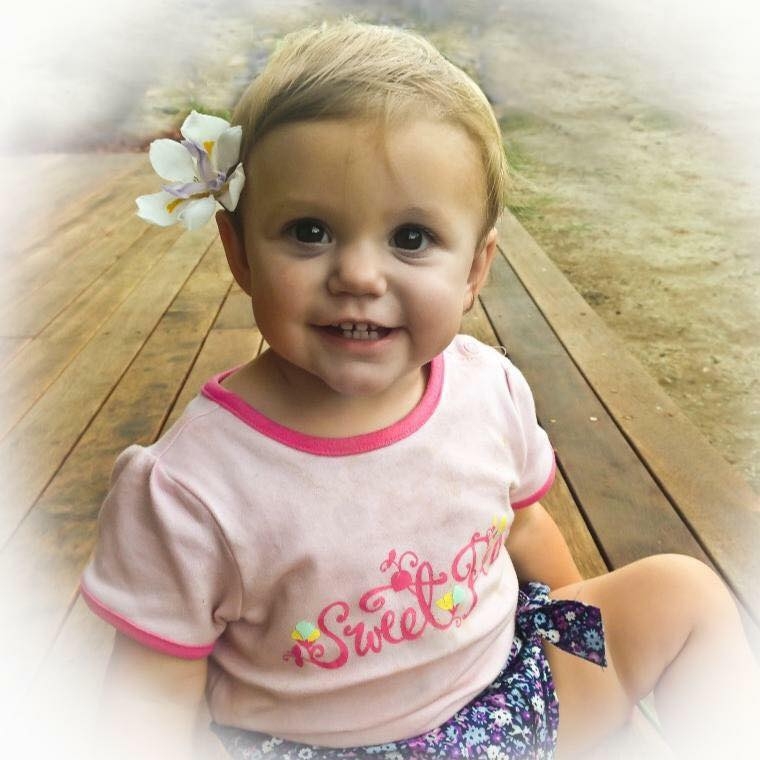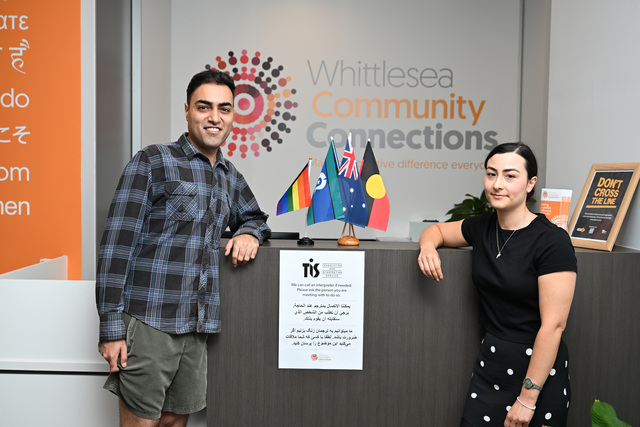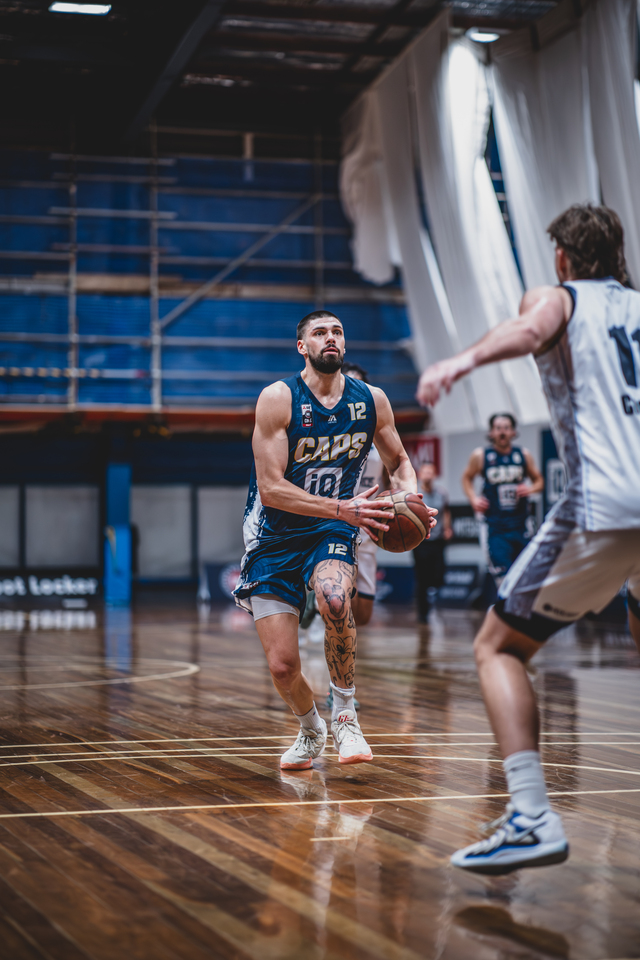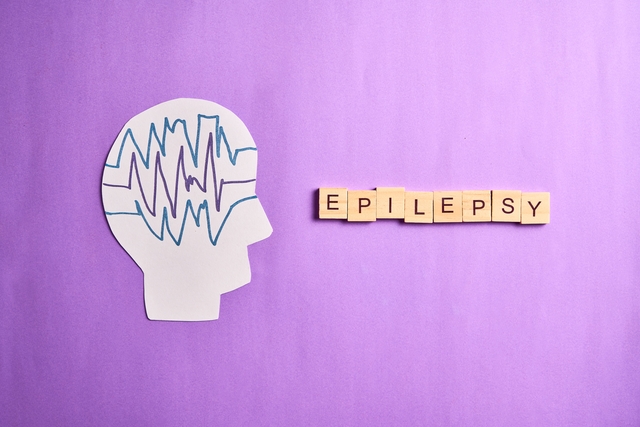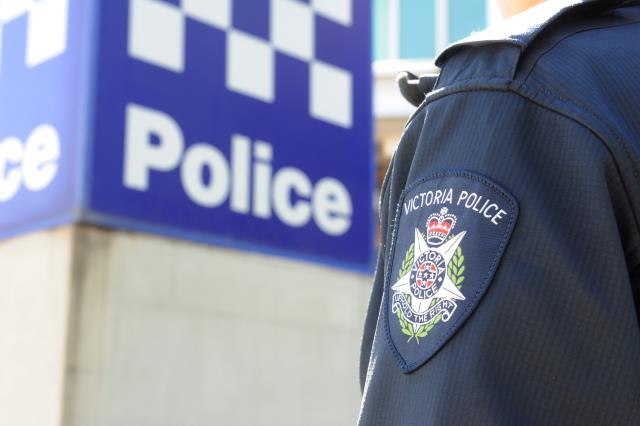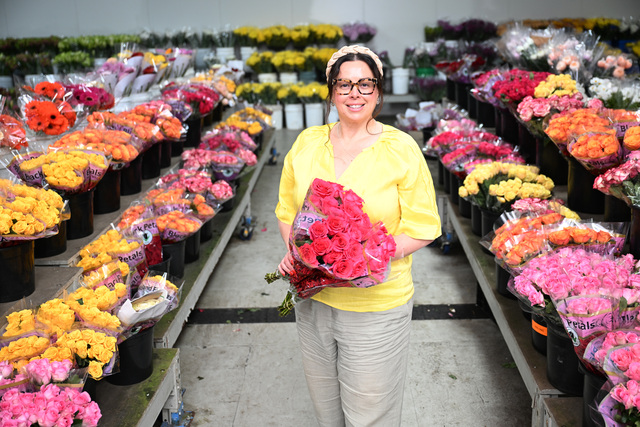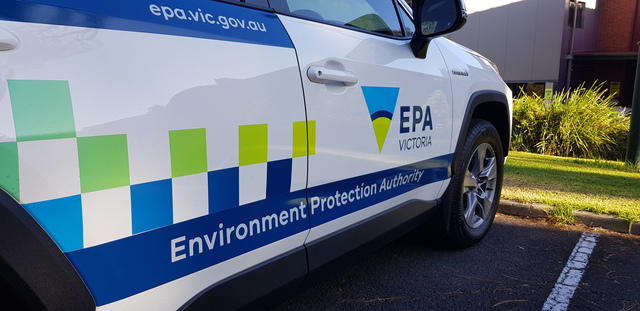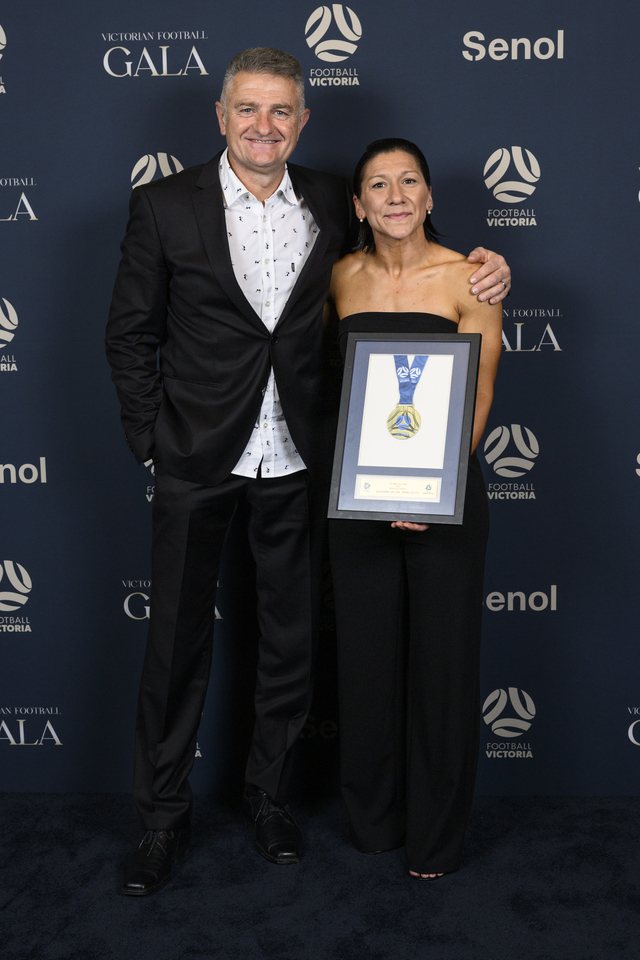By Melissa Cunningham – The Age
It’s been four years and two months since Allison Rees held her one-year-old daughter Isabella in her arms and kissed her goodbye for the last time.
Isabella was 14 months old when she died after a small round battery became lodged in her oesophagus.
On Thursday morning Ms Rees stood outside the Coroners Court and said the family should be celebrating Isabella’s fifth birthday and sending her off to school.
Instead, she broke down as she welcomed findings made following an inquest into her daughter’s death, which called for sweeping statewide clinical practice guidelines to be implemented in assessing children who may have swallowed potentially lethal button batteries.
“The thought of living without Bella and seeing her beautiful joyous smile again is heartbreaking,” Ms Rees said.
“Even after all this time it still feels like a really bad dream. We believe our beautiful Bella could have been saved, especially if early detection and intervention of a button battery ingestion was made.”
Isabella was sent home from Sunshine Hospital three times as doctors wrote off vomiting and fever as symptoms of a viral infection before she died on February 4, 2015.
Rob, Isabella’s dad, told doctors he thought she might have swallowed something, but this information did not make it into medical records, coroner Catlin English said in her findings on Thursday.
Three days after the first hospital visit, Isabella was running a fever and vomiting.
Ms Rees returned to the hospital and showed staff blood clots and dirty nappies containing black, tar-like faeces.
On the fourth hospital visit, after Ms Rees found Isabella in tears and covered in blood in her cot, an X-ray discovered a small silver button battery lodged inside her.
But by then it was too late. Isabella died hours later despite intensive resuscitation efforts.
Ms English, who probed the safety of the batteries, as well as Isabella’s treatment at Sunshine Hospital, found that the medical care she received was “reasonable”.
But she said parents should feel empowered to express their concerns and have their childrens’ cases escalated if they don’t feel they are being heard.
“It’s difficult to envisage a clear way of preventing these concerns being overlooked other than by parents being more assertive,” Ms English said.
“It is difficult to imagine in this case how Mr and Mrs Rees could have been more assertive.”
Sunshine Hospital has since adopted a Call for Help program which allows families to escalate their concerns.
Ms English recommended that the Victorian Paediatric Clinical Network, Safe Care Victoria and the Royal Children’s Hospital develop blanket clinical guidelines for the assessment and management of potentially fatal battery ingestion.
“The guidelines should promote the Victorian Poisons Information Centre as the first point of information and be readily available via the Children’s Health Channel website.”
She also called for Kidsafe Victoria to consider running battery awareness campaigns, particularly prior to public events such as the Royal Melbourne Show, when children were more likely to be exposed to products containing button batteries.
Isabella’s case drew comparisons to that of Sunshine Coast four-year-old Summer Steer, who swallowed a button battery in 2013.
Ms Rees said her daughter’s death had left the family “lost and broken.”
“To our little angel Bella, you brought us so much joy,” Ms Rees said. “We love you dearly and miss you everyday. We knew the moment we laid eyes on you that you were somebody special and you were going to make a big difference in this world. We just didn’t know how big.”
Ms Rees said the inquest had highlighted the importance of documenting a parent’s concern to determine the cause of their child’s illness.
“You might think you’re just a mum or dad and not a medical professional but you know your child better than anybody and you know when your child is sick,” she said.
“Make sure you voice concerns, make sure you’re being heard because it just might save your child’s life.”

